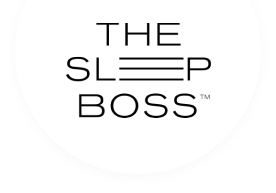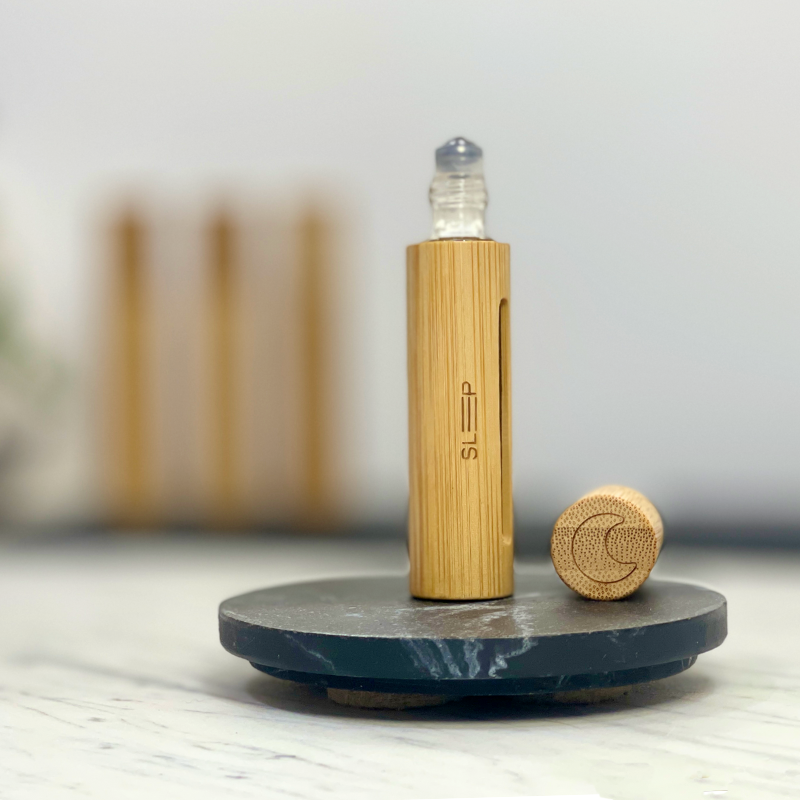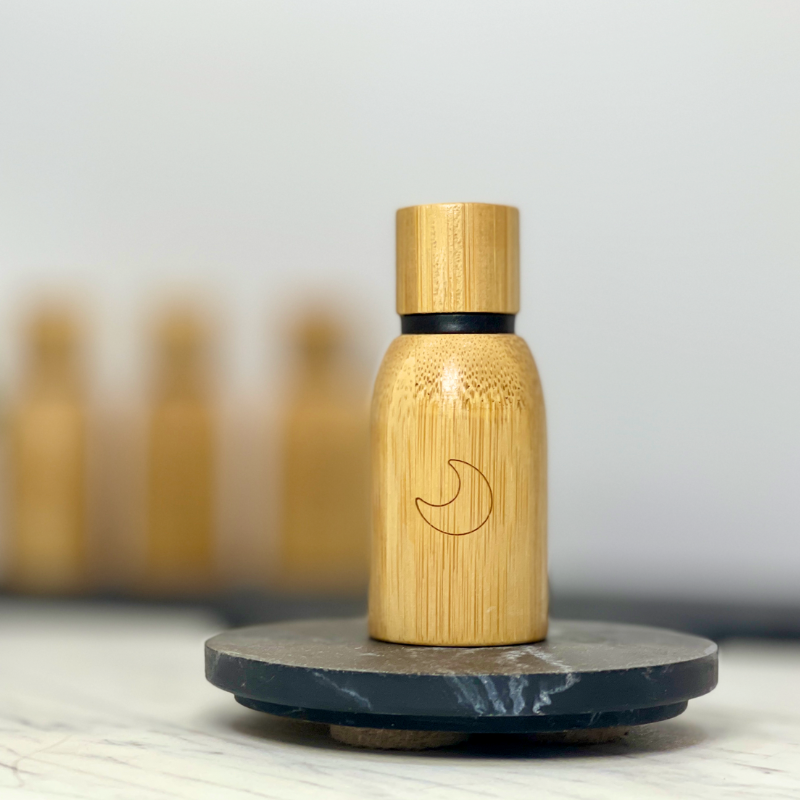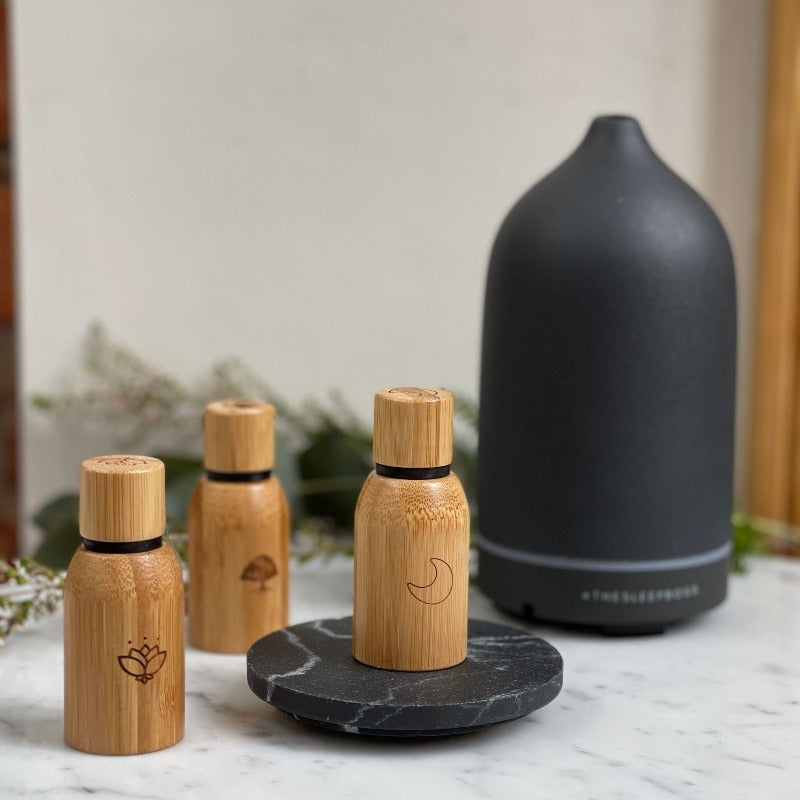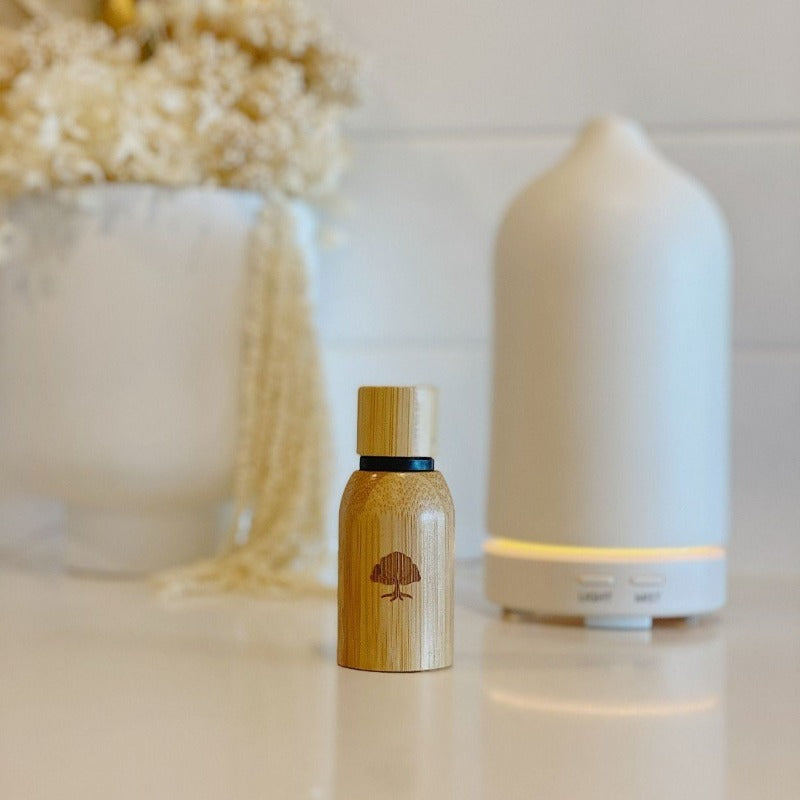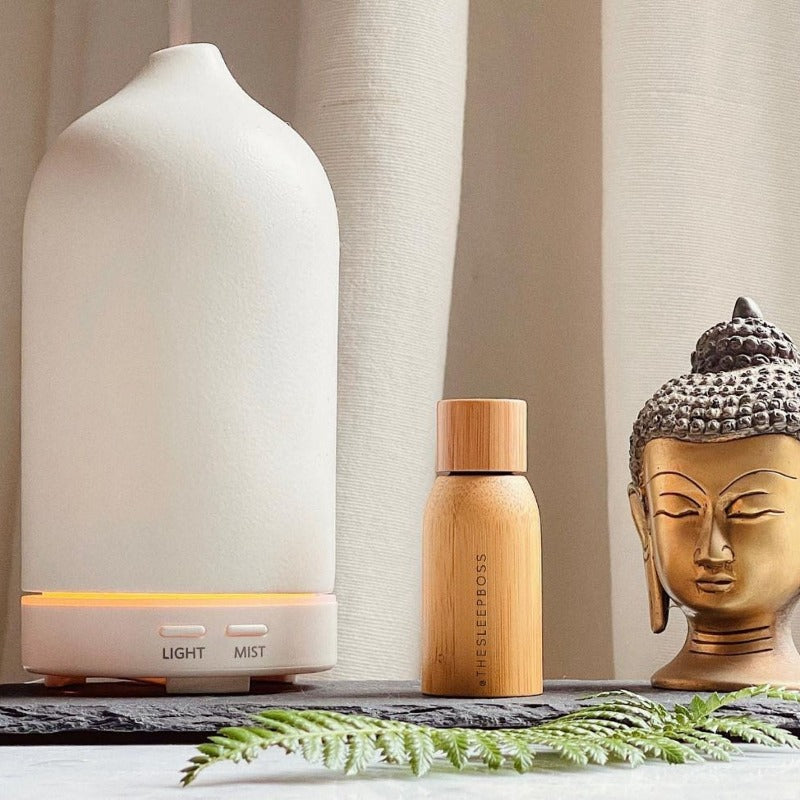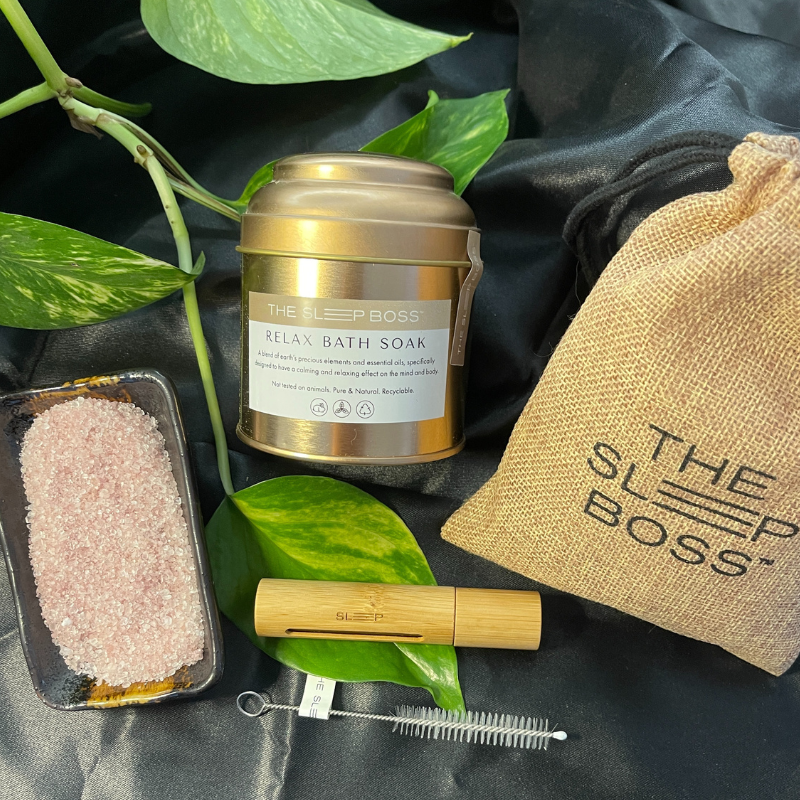
What is Burnout? Signs, Recovery, Tips and How to Prevent It
If you’ve returned to work feeling exhausted already, you may suffer from burnout.
Burnout is a pervasive issue affecting workers worldwide, with significant implications for individuals and organisations. Recent data indicates that 62% of Australian workers report experiencing burnout, surpassing the global average of 48% (HCAMag). This phenomenon contributes to approximately 40% of employee resignations, underscoring its impact on workforce stability (Foremind)
Understanding Burnout
The World Health Organization (WHO) defines burnout as a syndrome resulting from chronic workplace stress that has not been successfully managed. It is characterised by three dimensions:
-
Emotional Exhaustion: A profound sense of fatigue and depletion of energy.
-
Cynicism or Detachment: Increased mental distance from one’s job or negative feelings toward one's work.
-
Reduced Professional Efficacy: Decreased productivity and capability in occupational tasks.
Recognising these signs is crucial for early intervention and recovery.
Burnout often manifests through physical symptoms like chronic headaches, disrupted sleep patterns, or persistent digestive issues, signalling the body's struggle to cope with prolonged stress. Additionally, many individuals experience a sense of ineffectiveness, where efforts seem futile, leading to diminished motivation and a loss of confidence in their abilities.
Recognising these signs is essential for addressing burnout early and effectively.
Pathways to Recovery from Burnout
Recovering from burnout involves addressing both its physical and psychological impacts. Below are practical steps to help rebuild energy, reduce stress, and regain control over your life.
-
Implement Self-Care Practices
Self-care is the cornerstone of burnout recovery.
-
Prioritise Sleep: Sleep is crucial for physical and mental recovery. Establish a consistent sleep schedule to regulate your circadian rhythm, and aim for 7-9 hours of quality sleep per night. Incorporating natural sleep aids, like melatonin or magnesium, can support better sleep and aid in recovery.
-
Mindfulness and Meditation: Practices such as deep breathing, progressive muscle relaxation, or guided meditation can significantly reduce stress levels, enhance focus, and promote relaxation
-
Engage in a Digital Detox
Modern life is often dominated by screens, which can exacerbate stress and mental fatigue.
-
Limit Screen Time: Allocate specific periods to disconnect from electronic devices, especially before bedtime, to improve sleep quality and reduce overstimulation.
-
Set Boundaries: Establish device-free zones or times, such as during meals or the first hour after waking, to reclaim mental clarity.
-
Incorporate Physical Activity
Exercise is a proven stress reliever and a powerful way to recover from burnout.
-
Regular Exercise: Activities like brisk walking, yoga, or swimming can help alleviate stress, lower cortisol levels, and boost endorphins. Studies suggest that moderate exercise can reduce emotional exhaustion and enhance personal accomplishment. (Health)
-
Make it Enjoyable: Choose activities you enjoy to make it easier to stick with a routine, whether it’s a group class, a nature hike, or dancing.
-
Explore Natural Remedies
-
Aromatherapy: Essential oils like lavender, chamomile, and bergamot can promote relaxation and better sleep. Incorporating essential oils into your routine by diffusing them or using them in a roller can also aid in cortisol detox and stress relief.
-
Natural Sleep Aids: Consider supplements such as melatonin or valerian root to support sleep, after consulting with a healthcare professional.
-
Seek Professional Support
-
Therapeutic Interventions: Cognitive-behavioural therapy (CBT) or counselling can help individuals reframe their thinking, manage stress, and develop healthier coping mechanisms.
-
Workplace Resources: Many organisations offer employee assistance programs (EAPs) or wellness initiatives to support mental health and reduce stress in the workplace.
Preventing Future Burnout
Preventative strategies are key to avoiding a recurrence of burnout.
-
Time Management: Employ techniques to prioritise tasks effectively and reduce overwhelm. Break tasks into manageable chunks and focus on what matters most.
-
Set Boundaries: Distinguish between work and personal life by setting clear boundaries, such as designated work hours or limiting after-hours email checking.
-
Build a Support Network: Cultivate relationships with colleagues, friends, and family who can provide emotional and practical support.
-
Engage in Preventative Wellness: Proactively adopt habits like regular exercise, mindfulness practices, and healthy eating to build resilience against stress (Daily Telegraph).
Addressing Burnout with Essential Oils and Sleep
Essential oils can play a significant role in managing burnout, particularly by addressing sleep issues and stress reduction. For example:
-
Lavender: Known for its calming properties, lavender can help ease anxiety and promote restful sleep.
-
Frankincense: Often used in meditation practices, it can help centre the mind and encourage relaxation.
-
Citrus Oils: Oils like orange or lemon uplift the mood and combat feelings of fatigue.
Using essential oils in a daily routine can enhance well-being, improve focus, and assist in a complete cortisol detox.
A Multifaceted Approach to Recovery
Addressing burnout requires a holistic approach that includes self-care, lifestyle adjustments, and professional support. By recognising the signs of burnout early and implementing these strategies, individuals can recover effectively and establish habits that promote long-term well-being.
